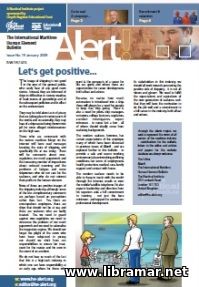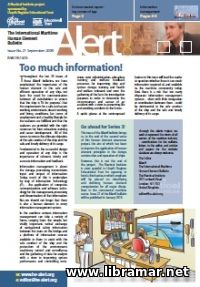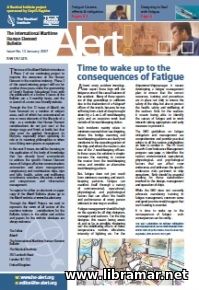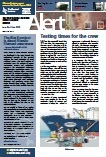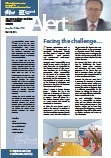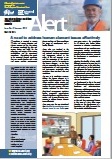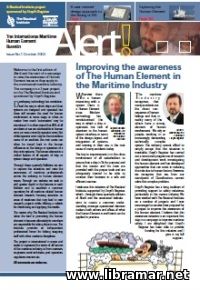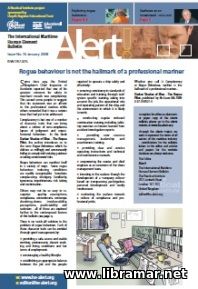
Here is the another issue of the popular Human Element bulletin. The key topic is the rogue behavior. Unfortunately, there is no any single and, at the same time, effective solution to the problem of rogue behavior.
However, the actions that could be undertaken in order to avoid the negative effects, may include providing the safe and secure working environment, that should also be usable, as well as proper living and working conditions plus the terms of employment. Another way to do that could be the encouragement of a healthy lifestyle and establishing the reasonable balance between the people and the job that is required for the ship to be operated in a safe and effective way.
Then, one of the additional options would be ensuring the required consistence in the education and recognized standards relating to the vocational training by means of the specific training, noting the job, operational role as well as the operating pattern of the vessel, together with the environment in which the ship would most likely operate, conducting the continued professional training on board the ship, including the analysis of the lessons that have been learnt from the AIRs, i.e. accident investigation reports, and providing of the most clear yet concise instructions as well as technical and operation manuals... Better if supplemented with this short video.
